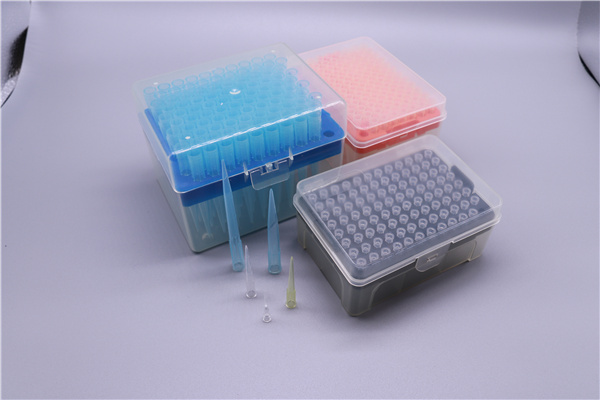
Tip
Views:701
category:Products
release date:2021-12-24 15:28:28
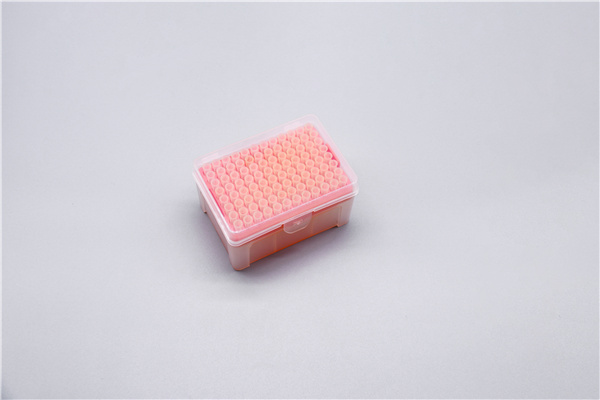
200ul
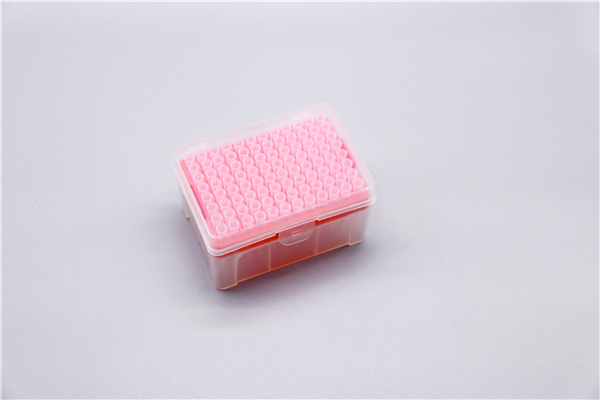
200ul加长
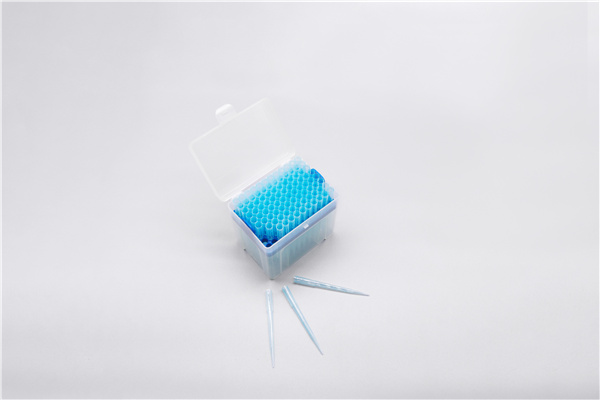
1250ul
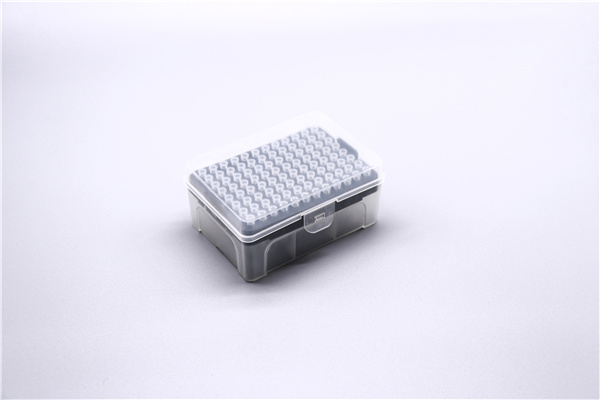
Basic ordinary tip 10ul
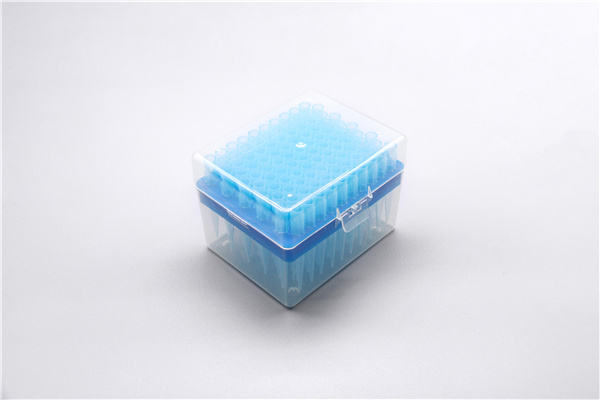
Basic ordinary tip 1000ul
Material: Polypropylene material (PP)
Size: standard size, suitable for commonly used pipettes on the market
Inner wall: The inner wall is smooth, which reduces liquid residue and ensures the accuracy of liquid absorption
Raw materials: imported high-quality PP raw materials, in line with USP Class-VI standards
Filter element: high-quality filter element, using pure ultra-high molecular weight polyethylene, unique processing technology
Hydrophobicity: Super hydrophobicity, the hydrophobic filter element forms a strong barrier to aerosols, eliminating the risk of cross-contamination between the sample and the pipette
Aperture: Optimize the aperture to ensure smooth sample extraction
Temperature resistance: tolerance temperature range: -80℃ -121℃, no deformation after high temperature and high pressure
Technology: Ultra-fine grinding and molding technology, no mold release agent is required for mold release, ensuring better product quality
Design: Innovative design to ensure good flexibility, tightness and compatibility of the product
Workshop: 100,000-level dust-free workshop to ensure that the products are free of pyrogens, endotoxins, DNA enzymes, and RNA enzymes
Transparency: With good transparency, it is convenient to observe the liquid level when using
tolerance: strong tolerance, can be used for the absorption of various organic solvents
Specifications: complete specifications, 10ul, 10ul extension, 200ul, 200ul bold, 300ul, 1000ul, 1000ul extension (1250ul); bag and box sterilization, filter element, low adsorption
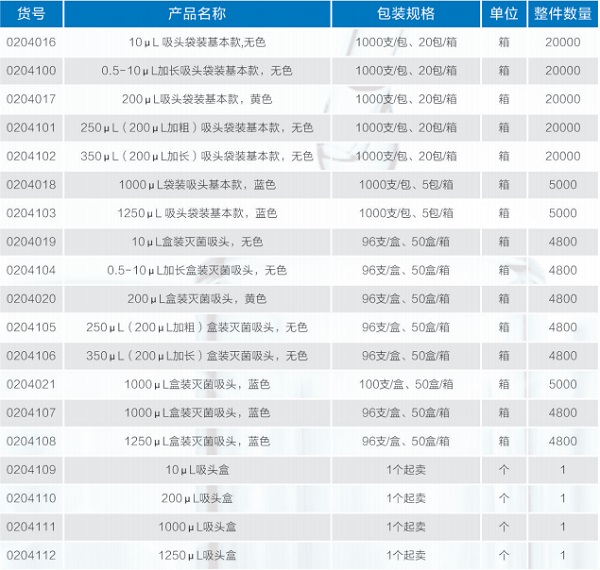
- Prev:Magnetic sleeve
- Next:PCR tube
- Liaoyang Third People’s Hospital Automatic Nucleic
- How to choose the right PCR plate among PCR consum
- The characteristics and uses of deep hole plates
- Classification of centrifuge tubes and precautions
- The role and purpose of using filter tips
- An article takes you to understand the characteris
- The use method and precautions of cryopreservation


 HOME
HOME TEL
TEL TOP
TOP